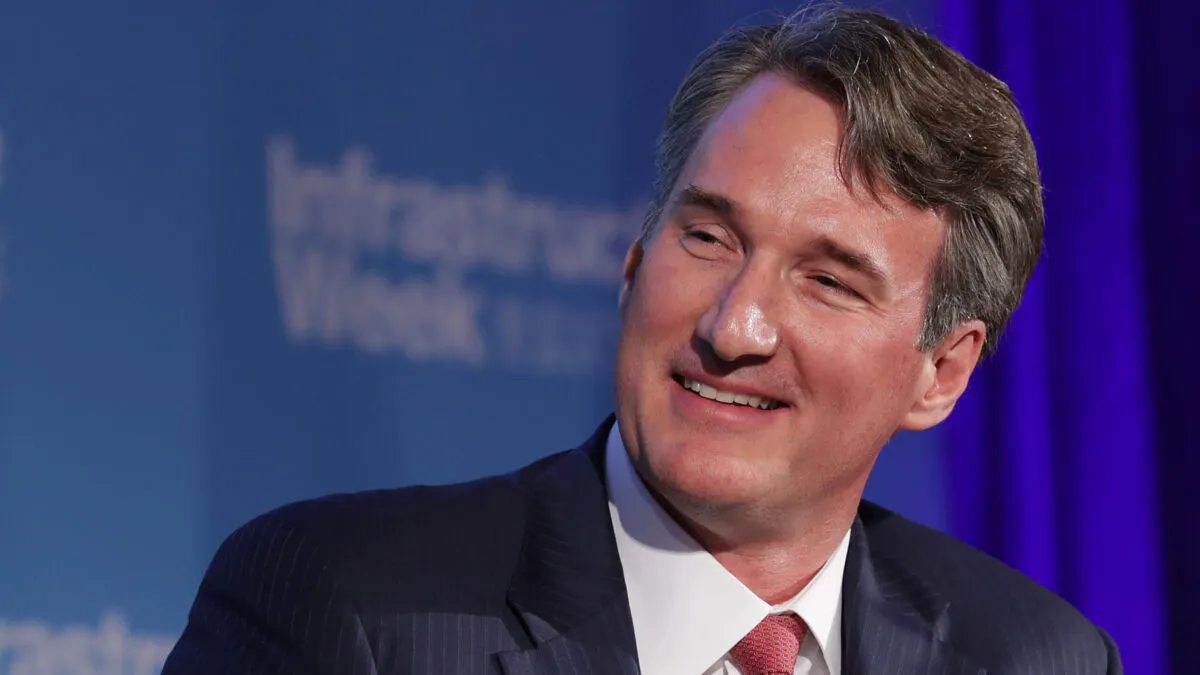Over 300 Virginia bureaucrats have quit since Republican Governor Glenn Youngkin announced in May that state employees must show up to their jobs following more than two years of remote work since the onset of the COVID pandemic.
Employees from five different state agencies resigned after Youngkin’s new work policy, some specifically citing “telework options” as their reason for leaving, ABC 8 News reported.
“Unfortunately we’re not surprised by this information,” Virginia Governmental Employees Association (VGEA) lobbyist Dylan Bishop told the outlet. “We had anticipated that the shift in policy would result in an exodus of workers, which is really concerning because of the state’s recruitment and retention issues.”
On May 5, Youngkin ordered all state workers to return to in-person work by July 5 to “balance the demands of government services with the needs of our public servants.”
“The governor is excited to welcome the Commonwealth’s workforce back in person and is encouraged by their continued dedication to serving Virginians,” Rob Damschen, Youngkin’s deputy communications director said in a statement, according to ABC 8 News. “We know an office-centric environment fosters collaboration and teamwork and provides an even greater level of service for all Virginians.”
The Virginia Department of Transportation (VDOT) took the biggest hit following the governor’s order with 183 employees leaving the agency, according to public records obtained by ABC 8 News. Twenty-eight VDOT workers named “telework options” as their reason for leaving the agency. Other VDOT employees said they were quitting over compensation.
Between May 5 and June 27, the Virginia Department of Health lost 78 employees, and the Virginia Employment Commission had 38 workers quit. The Department of Housing and Community Development and the Department of Emergency Management lost 13 workers combined from May 5 through the first week of July.
Youngkin’s policy change was met with immediate resistance as some bureaucrats mentioned the burdens of childcare and high gas prices as reasons they oppose returning to in-person work. A survey of 400 state employees released by the VGEA in early June showed that 50% of respondents were concerned with high gas prices and 25% mentioned childcare as the number one issue they were against returning to the office.
The VGEA requested Youngkin to delay the new in-person policy to September 12, but Youngkin kept the July 5 date.
The new policy allowed for bureaucrats to submit applications to work remotely for part of the week. Agency heads must approve requests for remote work one day per week, while any requests for two days of working from home each week must be approved by cabinet secretaries. Youngkin’s Chief of Staff Jeff Goettman reviews any application for three or more days of remote work each week.

.png)
.png)

